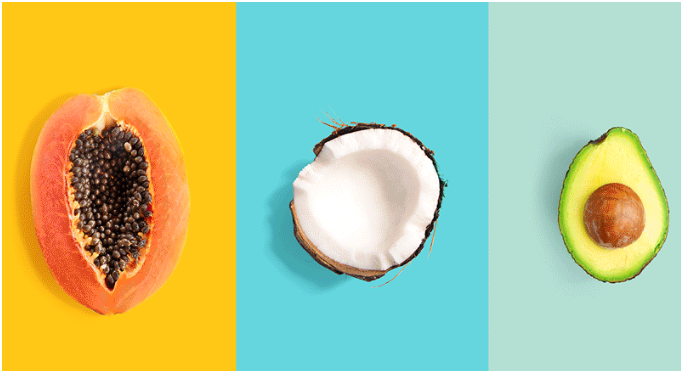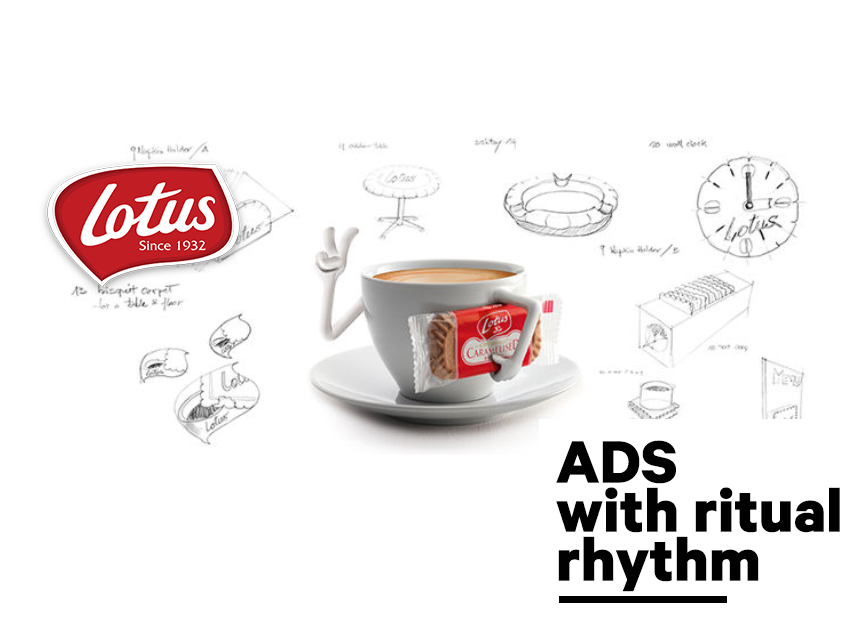East seen from the west

China’s eating habits are changing. What does it mean for F&B brands?
Vegan cuisine has been surging all over the world in the last couple of years, but what’s new is its luxury potential: vegan kitchen is no more a hippie attitude as it used to. And to keep in mind this – that projects the love for seasonal, organic ingredients, a relatively new hit in China, at high levels – can lead companies to profitable campaigns focused on healthy and sustainable factors without giving up on revenues. That is, preciosity and luxury can be involved in F&B ads, to suggest ideal ways of life, healthy and cool, to encourage people to improve themselves.
Anything health-related is hot now, from fresh fruits and vegetables to supplements. But try to focus on your customers rather than on the general public: anyone deserves to feel unique and to be addressed as such. This is why the success of LemonBox is to keep in mind: the Chinese e-commerce startup that imports vitamins and health products from the U.S. through an app provides a customized nutrition plan after a 5-minute dietary survey on WeChat.

And speaking of healthy trends, F&B companies must also prove their deep knowledge of Chinese caution about health products: this is why relying on communication experts rooted in China is the right choice when managing health and nutritional products. We’re happy to suit such a profile and to have had the opportunity to talk about our expertise in advertising for the F&B Chinese market in the webinar “Food in China: Marketing strategies for F&B Brands”, hosted by the Chinese-Italian Chamber of Commerce in Shanghai, last month.
